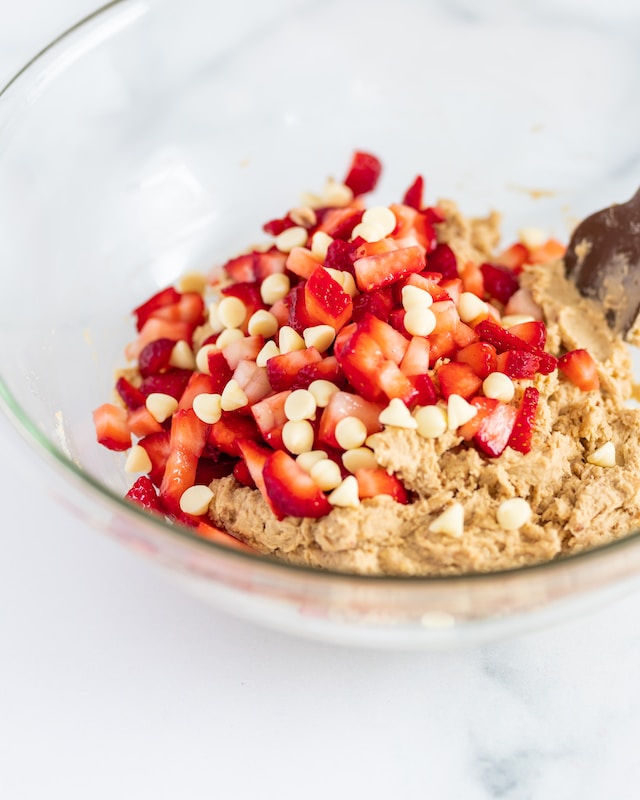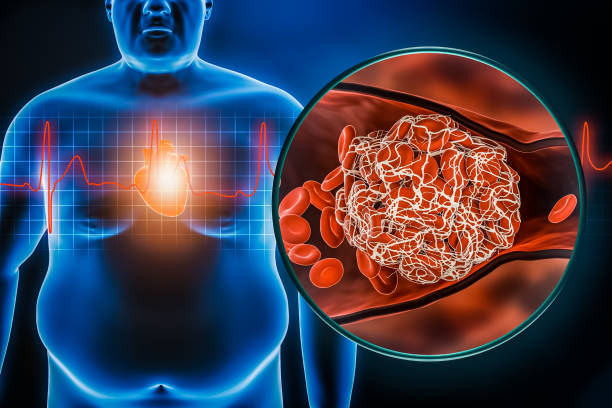Introduction: The journey of adolescence is filled with countless challenges, and one of them is navigating the maze of teenage nutrition. With an abundance of conflicting information and temptations lurking around every corner, it’s crucial for teenagers to adopt healthy eating habits that will set the stage for a lifetime of well-being. In this article, we will explore some tips and tricks to help teenagers and their families navigate the complex world of nutrition, empowering them to make informed choices and cultivate a healthy relationship with food.
- Embrace Balance: Rather than succumbing to fad diets or extreme restrictions, encourage teenagers to embrace a balanced approach to nutrition. It’s essential to emphasize the importance of incorporating a variety of food groups into their meals. Encourage the consumption of whole grains, lean proteins, fruits, vegetables, and healthy fats to provide a wide array of essential nutrients.
- Mindful Eating: In today’s fast-paced world, teenagers often find themselves eating on the go or in front of screens. Encourage them to practice mindful eating by slowing down, savoring each bite, and paying attention to their body’s hunger and fullness cues. This approach helps teenagers develop a healthier relationship with food and promotes better digestion.
- The Power of Planning: Teenagers often face time constraints due to school, extracurricular activities, and social commitments. Help them develop the habit of meal planning and preparation to ensure they have access to nutritious options even on busy days. Encourage them to pack their own lunches and snacks, incorporating a balance of protein, whole grains, and fruits or vegetables.
- Choose Nutrient-Dense Foods: Help teenagers understand the importance of choosing nutrient-dense foods over empty calories. Instead of reaching for sugary snacks or processed foods, encourage them to opt for whole foods that provide a rich array of vitamins, minerals, and antioxidants. Educate them about the benefits of colorful fruits and vegetables, lean proteins, and whole grains.
- Stay Hydrated: Proper hydration is often overlooked but plays a crucial role in overall health and well-being. Encourage teenagers to drink water throughout the day and limit the consumption of sugary beverages. Carry a reusable water bottle and remind them to take sips regularly to stay hydrated.
- Seek Professional Guidance: If teenagers or their families are uncertain about specific dietary needs or concerns, it is wise to seek professional guidance from a registered dietitian. These experts can provide personalized advice tailored to individual requirements, taking into account factors such as activity level, health conditions, and personal preferences.
- Lead by Example: As influential figures in teenagers’ lives, parents and guardians can lead by example when it comes to nutrition. By adopting healthy eating habits themselves, they can create a positive environment and serve as role models for their teenagers. Eating meals together as a family and engaging in discussions about the importance of nutrition can foster a supportive and educational atmosphere.
Conclusion: Navigating the maze of teenage nutrition can be overwhelming, but with the right knowledge and strategies, teenagers can develop healthy eating habits that will benefit them throughout their lives. By embracing balance, practicing mindful eating, planning ahead, choosing nutrient-dense foods, staying hydrated, seeking professional guidance when needed, and setting positive examples, teenagers can take charge of their own nutrition and pave the way for a healthier future. Remember, it’s not about perfection but rather about fostering a sustainable and positive relationship with food that nourishes both the body and the mind.











